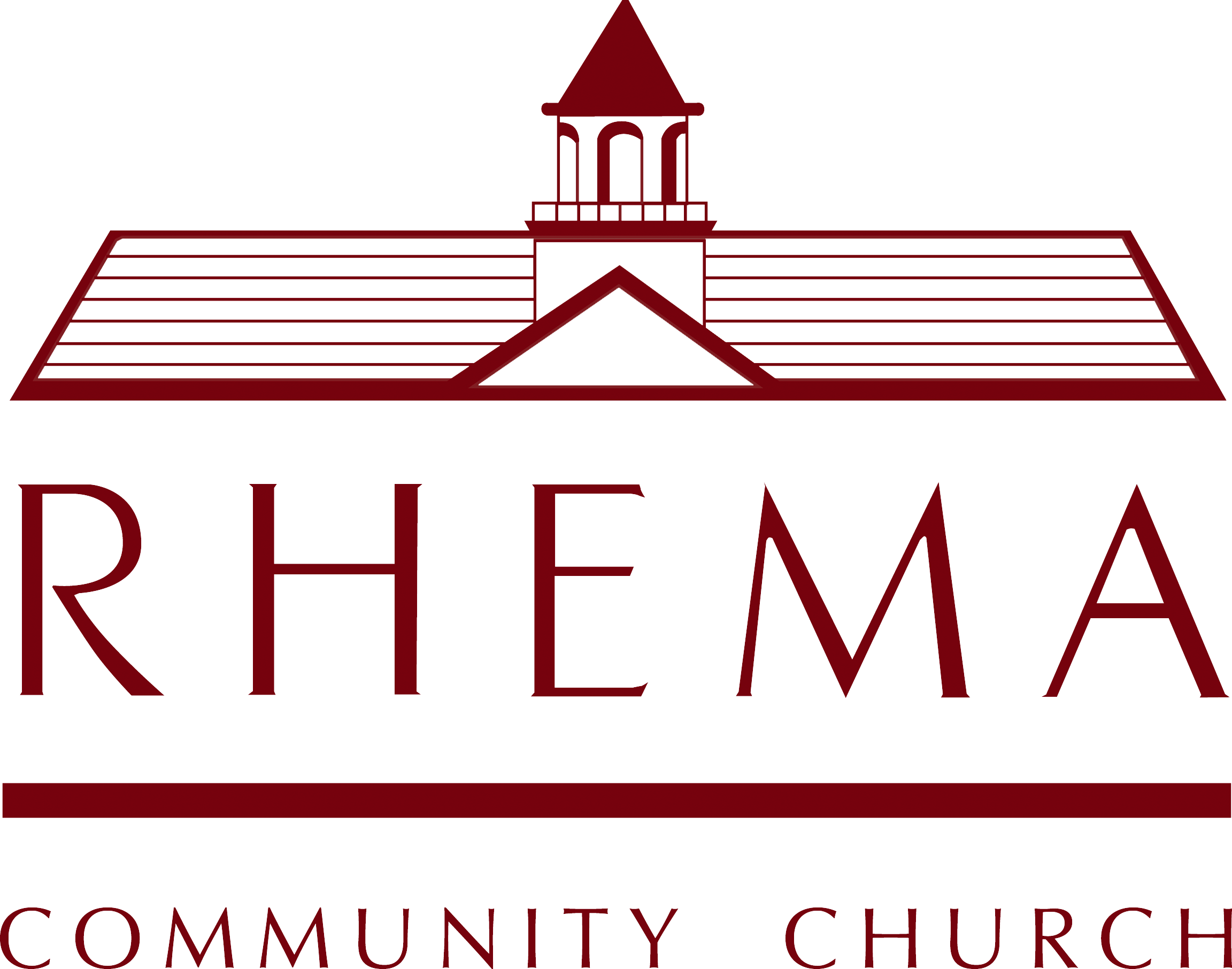
Welcome to
Rhema Community Church
Weekly Meetings
Rhema Community Church is an English-speaking gathering of Christians meeting regularly on Sundays in the Hanwell Community Centre, Greenford, Ealing.
Time:
11am – 1 pm
…whatsoever is born of God overcometh the world: and this is the victory that overcometh the world, even our faith
1 John 5.4

1
Denomination

1
Minister

1
Branch
Latest Teaching

listen to discussions about the word and enhance your knowledge

